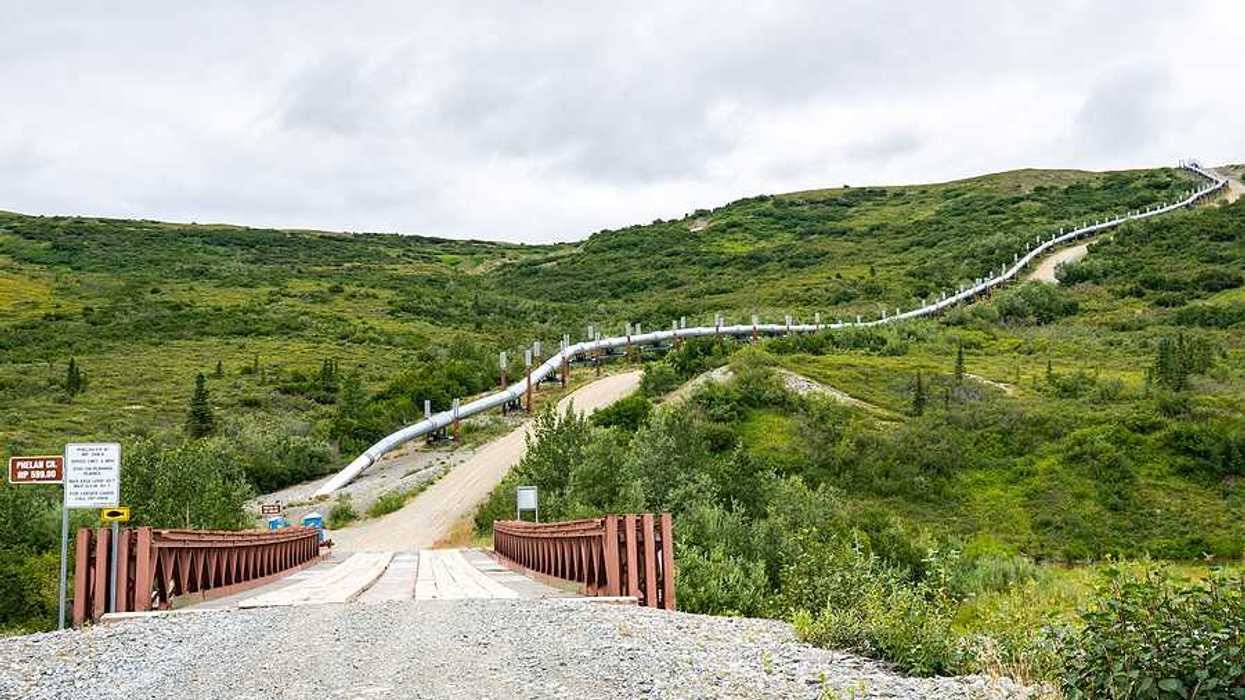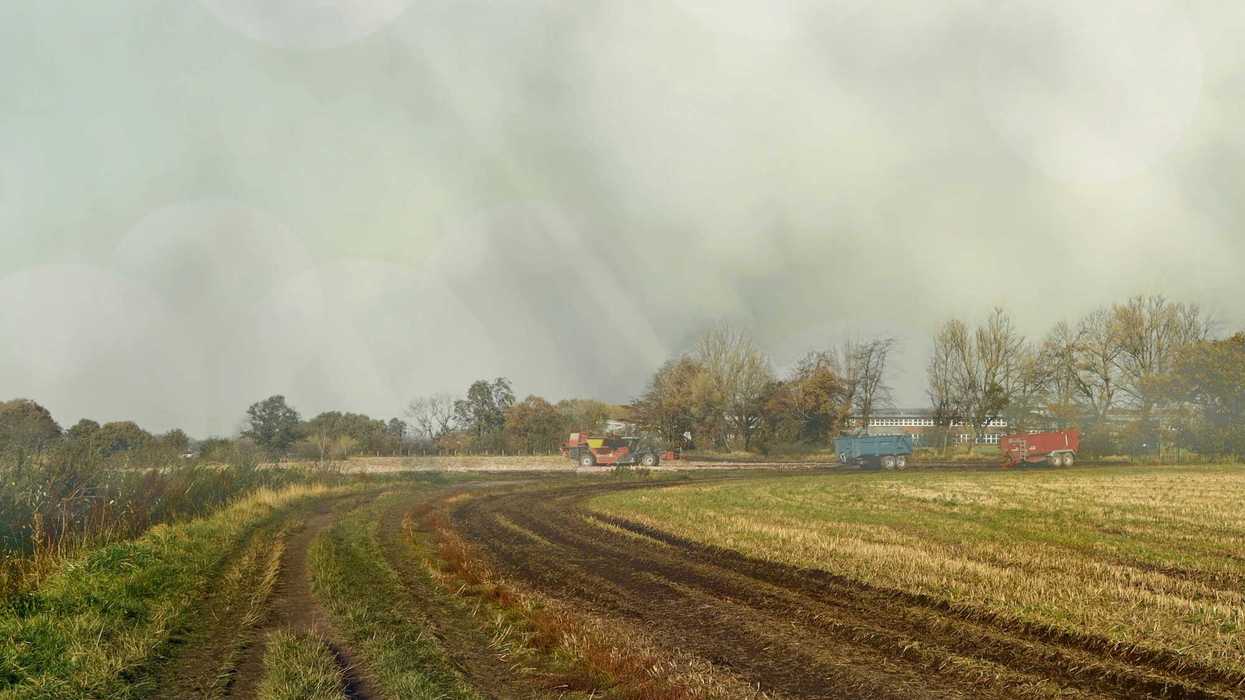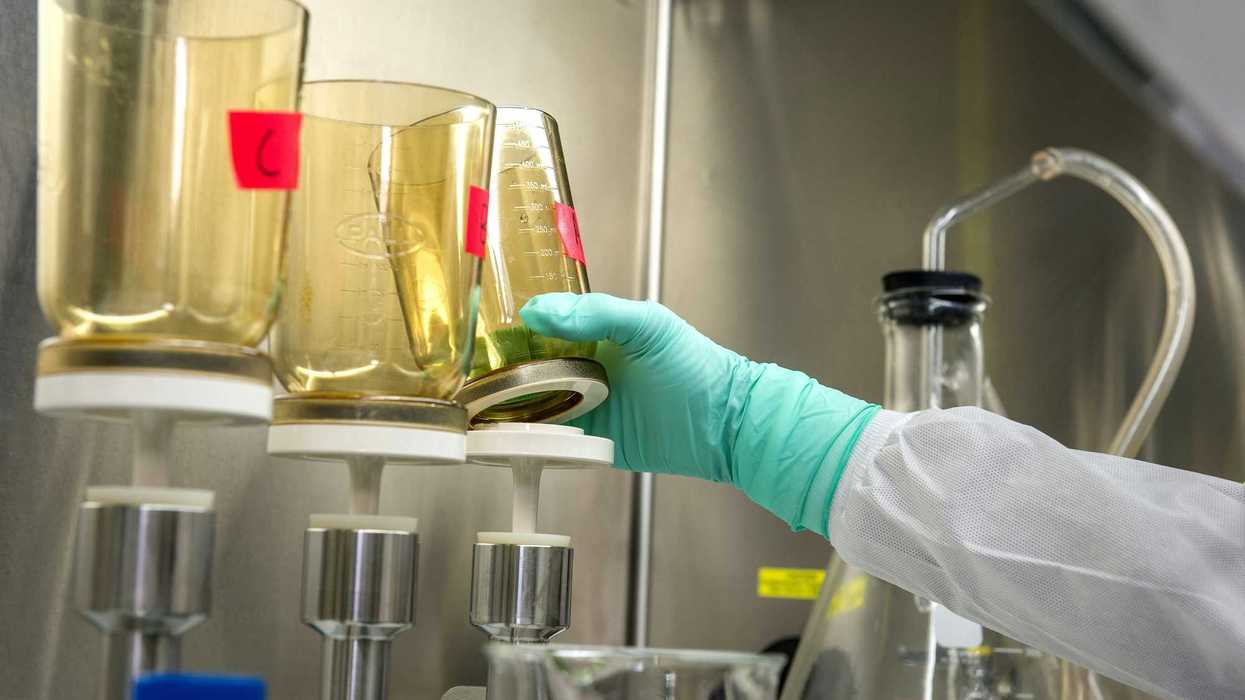Plastic used in agriculture, especially for mulching, boosts productivity, but it's also contributing to microplastic pollution that poses serious long-term threats to soil health, food safety and human health.
Priyamvada Kowshik reports for Mongabay.
In short:
- Agricultural plastics, such as mulch and irrigation pipes, are critical for increasing food production but degrade into harmful microplastics.
- These plastics break down into micro and nanoplastics, which accumulate in soil, water and food, raising concerns about long-term impacts on health and the environment.
- While plasticulture has increased farmer yields, the lack of sustainable alternatives and poor waste management exacerbate the problem.
Key quote:
“Farmers need suitable and sustainable alternatives that don’t impact their incomes or increase labour, and are as effective as plastic.”
— Ajay T.M., joint managing trustee of Magasool
Why this matters:
Plasticulture may help feed a growing population but it’s also accelerating pollution. If microplastics contaminate food systems, the consequences for public health and food security could be devastating.
Related EHN coverage:














